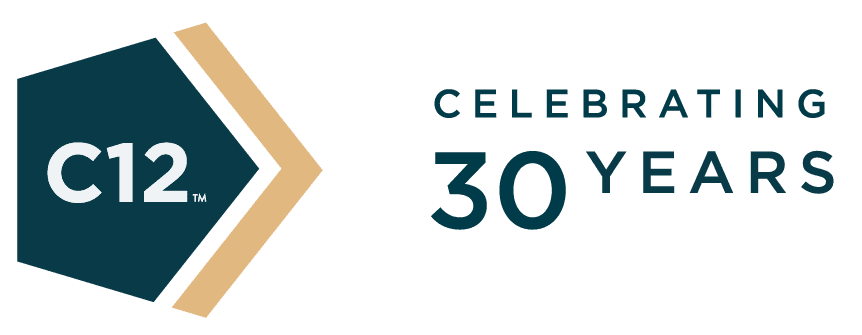Leading a Stewardship Lifestyle in Business
By Mike Sharrow, CEO of C12
If you grew up around the Western Church, it’s easy to associate “stewardship” with finances. When a local church or faith-based NGO introduces a “stewardship campaign,” people understand it’s a capital-raising initiative or a focus on embracing the biblical call to Kingdom generosity. None of that is wrong, but it’s a shallow understanding of what is actually quite radical. Let’s broaden our thinking and allow a subordinate posture before the Living God rattle our cages just a bit.
What do you have? What is yours?
Your first inclination might look to financials: net worth calculations, portfolio summaries, and balance sheets. Or perhaps you thought of your home, cars, spouse, or children. Maybe a collection of stuff, contact list, network, knowledge, or intangible wealth come to mind?
This Christmas, my girls (7 and 10) discussed what gifts to give friends and family. They came out of “their” rooms on Christmas morning to see what new stuff was “theirs.” Throughout the day, we navigated a few training opportunities around the ideals of sharing and respecting what is “yours” and what is not. Every parent appreciates the irony of helping two dependents grapple with respecting the stuff you give them, how to spend the money you gave them, and then how they treat the treasures you bestow upon them. You know the joy when a child, with great delight, awaits your response to the gift they bought you with your own money. Or maybe you’ve opened the fridge to have someone shout, “Dad, you’re not going to eat that, are you? That’s mine!”
When I’m most perplexed at my kids’ failure to recognize all of this “mine” business is a farse, that everything they have is only because I’ve allowed them to have it, and they can’t claim original ownership of anything in our house, it hits me—that’s me, too. That’s all of us.
As I like to say, we serve a God who’s loaded! Stewardship means I’m a manager of stuff that actually belongs to and is sourced from a sovereign God. It’s all His, and He cares about what we do with everything (time, talent, treasure, influence, etc). This understanding of stewardship changes what I do, how I do it, and why I do it.
I’m an assigned manager to a portfolio company within God’s Holding Company, and even my family, resources, and intangibles are entrusted to me for His good purposes. That investment decision? It’s God’s money. That hiring decision? That person is made in the image of God, and how I treat people is getting into the actual currency of heaven.
One day we’ll all stand before Jesus for a performance review. We will face an accounting before something called the Bema Seat of Christ (I love this drama by Pete Briscoe on that moment), which should compel us to greater stewardship.
How do I reinforce a stewardship mindset in life and business? Here are some resources that help me lean into an identity-driven stewardship lifestyle:
- Weekly Marble Move – I explain this Saturday night discipline here.
- A Journey of Generosity (no money asks!) – My wife and I attended this retreat and left with a fantastic set of 30 questions we’ve been working through.
- Intentional evaluation of the business – I lead as if it were a ministry (#BaaM), a for-profit enterprise where the true Owner cares about each aspect of the operation, not just the distribution of profits. I use exercises like this Strategic Planning Guide to facilitate an annual stewardship exercise.
- Best practices – A fanatical pursuit of staying “Mission True”
- Rhythms of reflection – Every December, I complete this annual reflection exercise, and then monthly, my C12 peer group challenges me on this snapshot.
- Circle of influence – I gather with leaders who treat stewardship and Kingdom investments rigorously (like this) and create caring cultures passionately (like this).
A friend asked me once: “If you had to write a proposal to board members of the Heavenly Holding Company on why they should renew your contract as CEO of the current operating company you’re assigned to based upon your stewardship results of the previous year, what would that proposal sound like? Why would God renew your contract?”
It’s not too late to re-write the narrative of your proposal. How could this reclaimed definition of stewardship transform the way you lead in business?
Lilian Radke, C12 Member and CEO of Unic Pro Inc., talks about her transformative journey of realizing she’s not in the cleaning business but in the people business.
January 28, 2021

